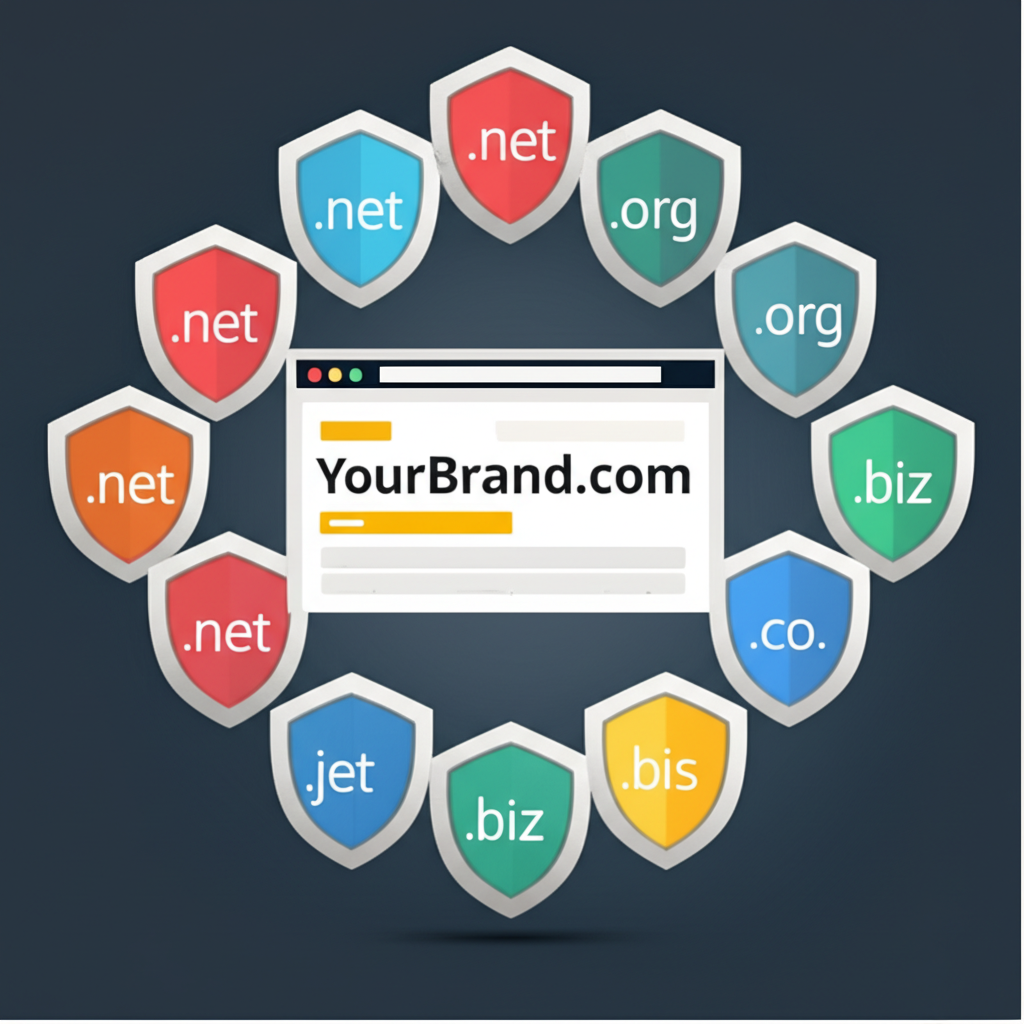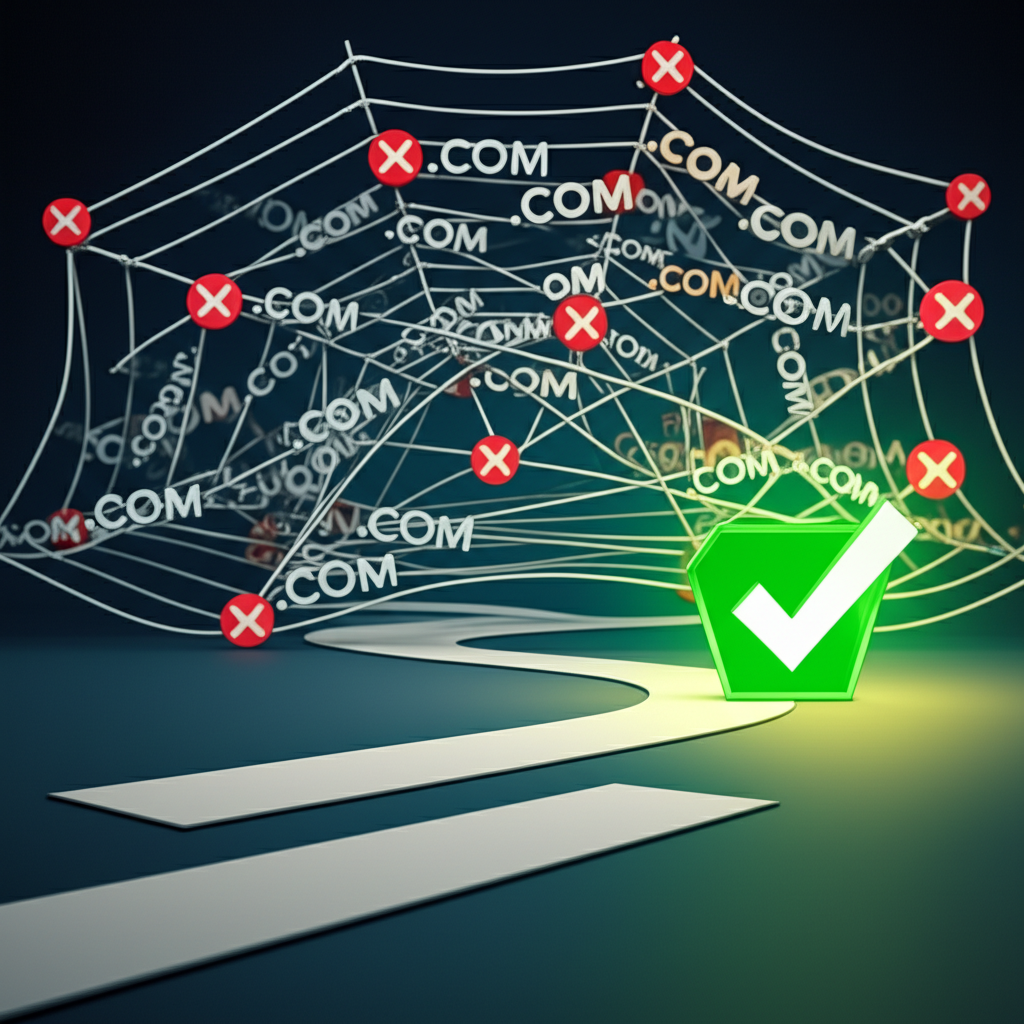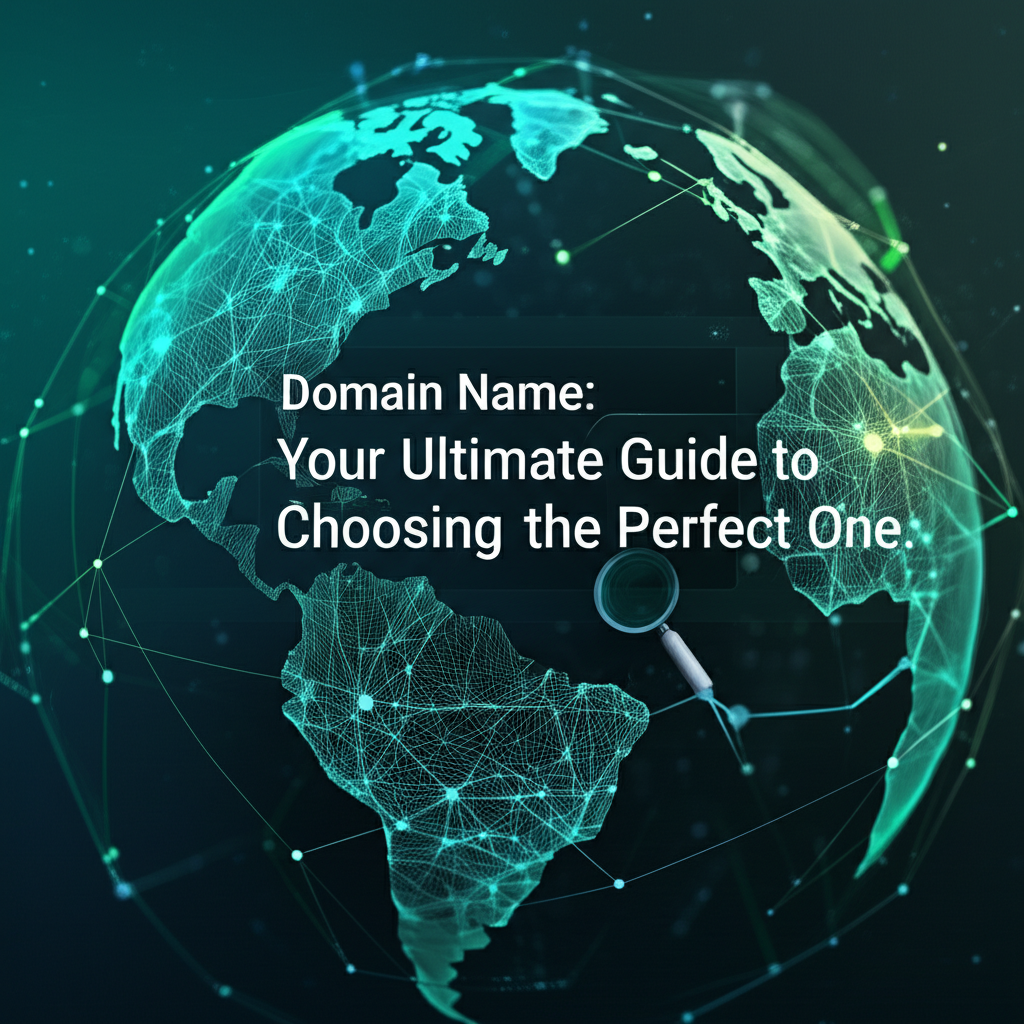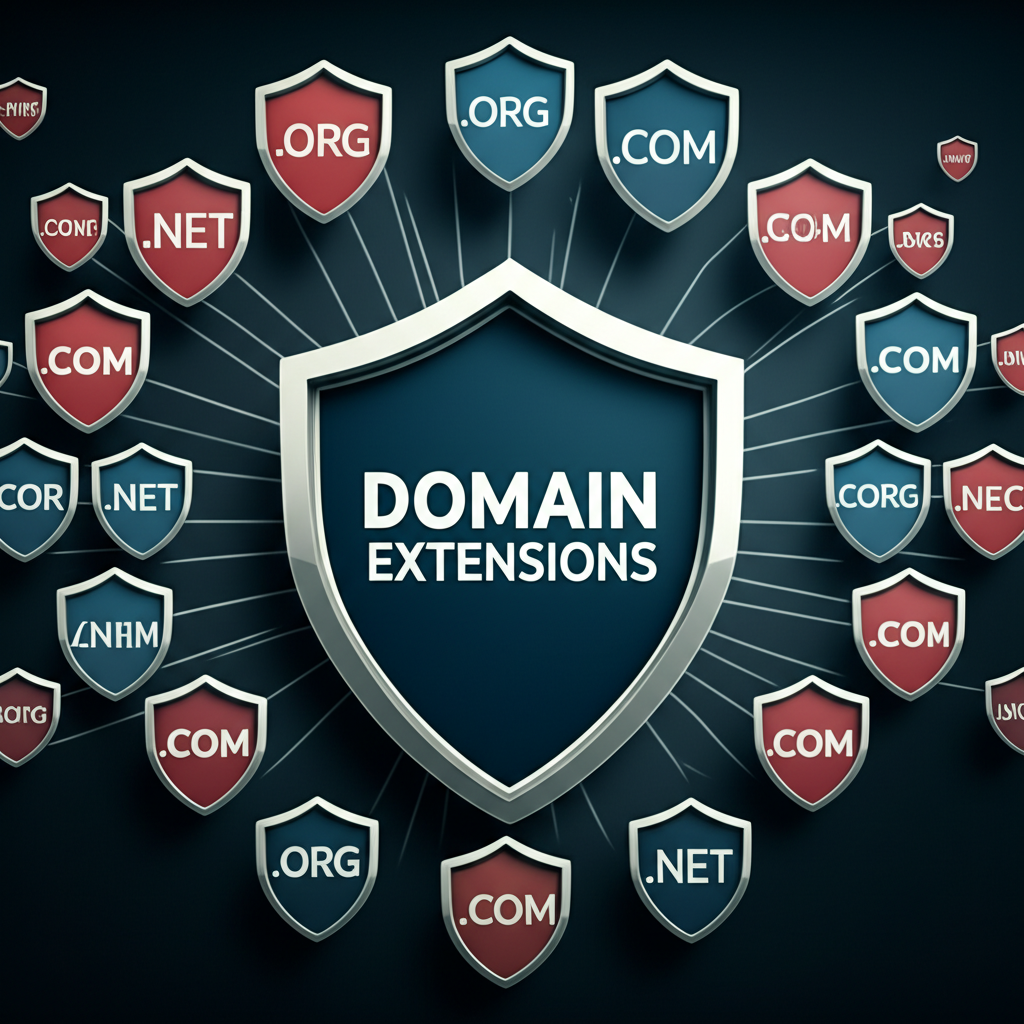- Understanding Domain Extensions and Their Importance
- Domain Extensions: A Strategy for Brand Protection
- Expanding Reach and Targeting Specific Audiences with Multiple Domain Extensions
- The Must-Have Domain Extensions for Your Business
- Investing in Your Online Future: Secure Your Domain Extensions Today
Domain Extensions: Secure Your Brand with Multiple (Must-Have)
Domain extensions are a crucial aspect of your online presence, acting as the address of your website. Choosing the right extension and securing multiple extensions can significantly impact your brand’s visibility, credibility, and overall online success. In today’s competitive digital landscape, simply owning your primary domain isn’t enough. Strategically registering multiple domain extensions is a proactive measure to protect your brand, expand your reach, and solidify your online presence.
Understanding Domain Extensions and Their Importance

A domain extension, also known as a top-level domain (TLD), is the suffix that comes after the dot in a web address (e.g., .com, .org, .net). While .com remains the most popular and recognized extension, a plethora of other TLDs are available, categorized as generic top-level domains (gTLDs) like .net and .org, and country-code top-level domains (ccTLDs) like .uk for the United Kingdom or .ca for Canada.
Choosing the right primary domain extension is important for several reasons. First, it influences how users perceive your brand. A .com extension often conveys professionalism and credibility, while a .org extension is commonly associated with non-profit organizations. Secondly, it can affect your search engine optimization (SEO) efforts, although the impact is generally considered minor compared to other SEO factors. Finally, the right domain extension can help target specific geographic regions or demographics if you opt for a ccTLD.
Domain Extensions: A Strategy for Brand Protection
One of the most compelling reasons to secure multiple domain extensions is brand protection. By owning variations of your primary domain, you prevent competitors or cybersquatters from registering them and potentially misleading customers or diverting traffic away from your website. Imagine the damage a competitor could inflict if they owned a similar domain name with a slightly different extension, potentially spreading misinformation or offering counterfeit products.
Registering common misspellings of your domain name is another vital aspect of brand protection. Users often make typos when entering web addresses, and owning these misspelled domains ensures they still land on your website instead of an error page or a competitor’s site. This proactive approach safeguards your brand reputation and prevents lost opportunities.
Expanding Reach and Targeting Specific Audiences with Multiple Domain Extensions
Beyond brand protection, multiple domain extensions can help broaden your reach and target specific demographics. For instance, a business operating in multiple countries might benefit from registering ccTLDs for each region. This allows for geo-targeting, making it easier for local customers to find you and potentially improving your search engine rankings within those specific regions.
Furthermore, different domain extensions can be used for specific purposes. For example, you could use a .blog extension for your company blog, a .shop extension for your e-commerce store, or a .info extension for a dedicated information portal. This segmented approach can improve user experience and streamline navigation across different aspects of your online presence.
The Must-Have Domain Extensions for Your Business
While the specific domain extensions you choose will depend on your industry and target audience, certain extensions are generally considered must-haves:
.com: This remains the gold standard and should be your primary domain extension if possible. It enjoys widespread recognition and trust among internet users.
.net: A good alternative if your desired .com domain is unavailable, often associated with network and technology-related businesses.
.org: Primarily used by non-profit organizations, but can also be valuable for community-based projects or open-source initiatives.
Your country’s ccTLD: Essential if you operate within a specific country or target a regional audience.
* Misspellings and variations of your primary domain: Crucial for protecting your brand and preventing traffic diversion.
Investing in Your Online Future: Secure Your Domain Extensions Today
In the digital age, your domain name is your online identity. Securing multiple domain extensions is not merely a technical detail, but a strategic investment in your brand’s future. It protects you from competitors, expands your reach, and enhances your online credibility. Don’t wait until it’s too late; take proactive steps today to secure your digital assets and establish a strong, resilient online presence. Explore the available domain extensions, assess your specific needs, and develop a comprehensive domain strategy that aligns with your overall business goals. This forward-thinking approach will undoubtedly pay dividends in the long run.















Leave a Reply